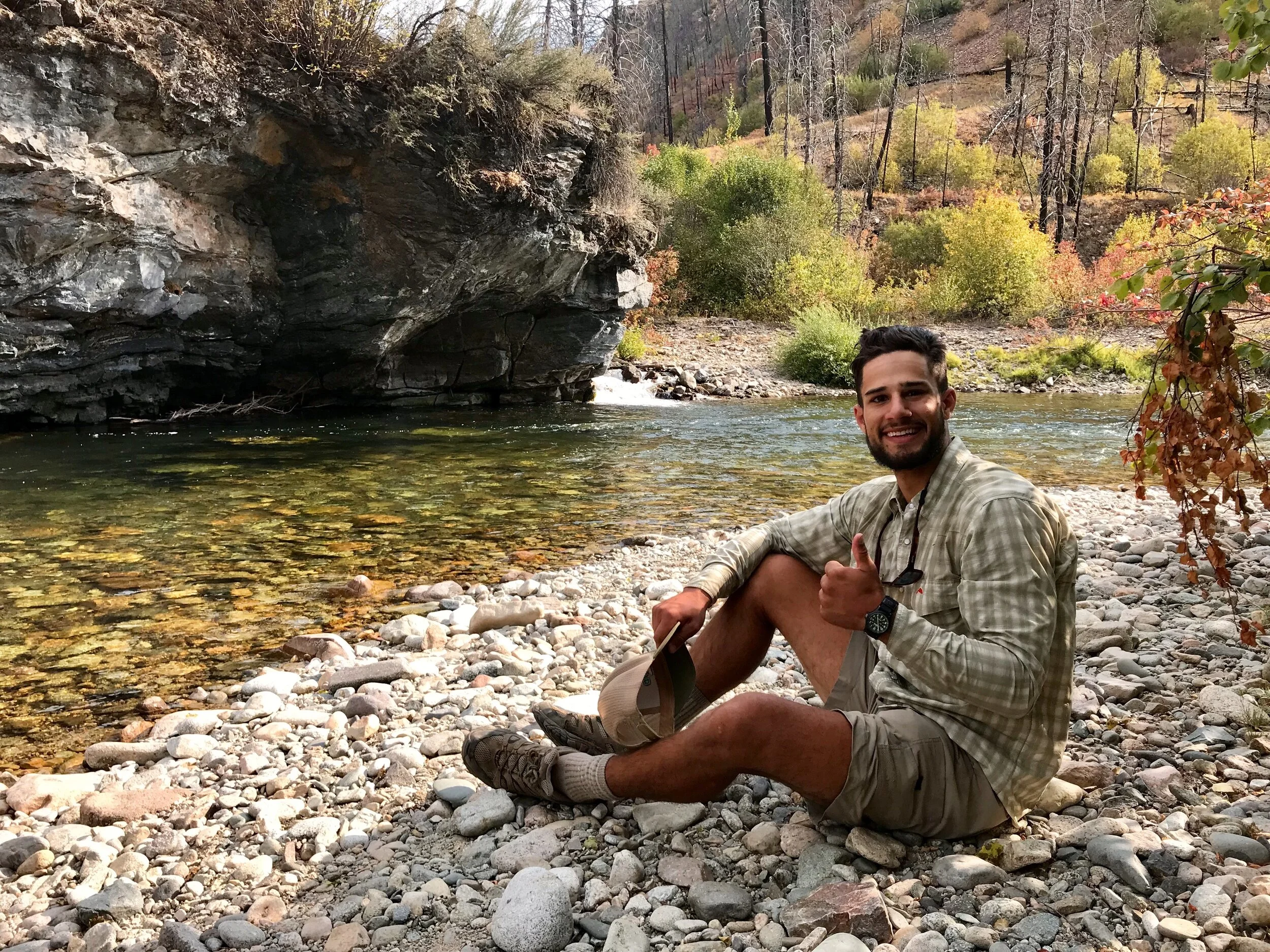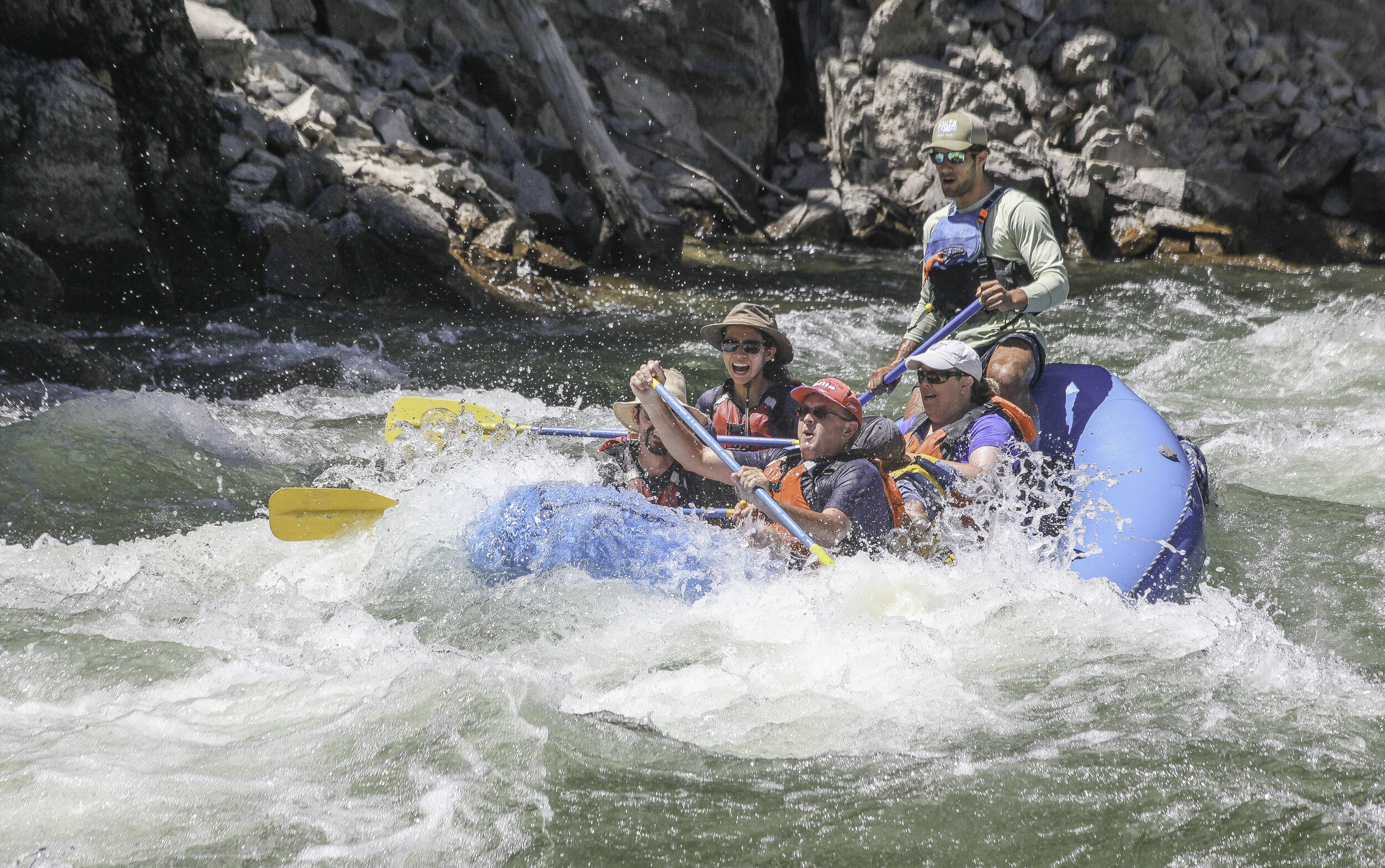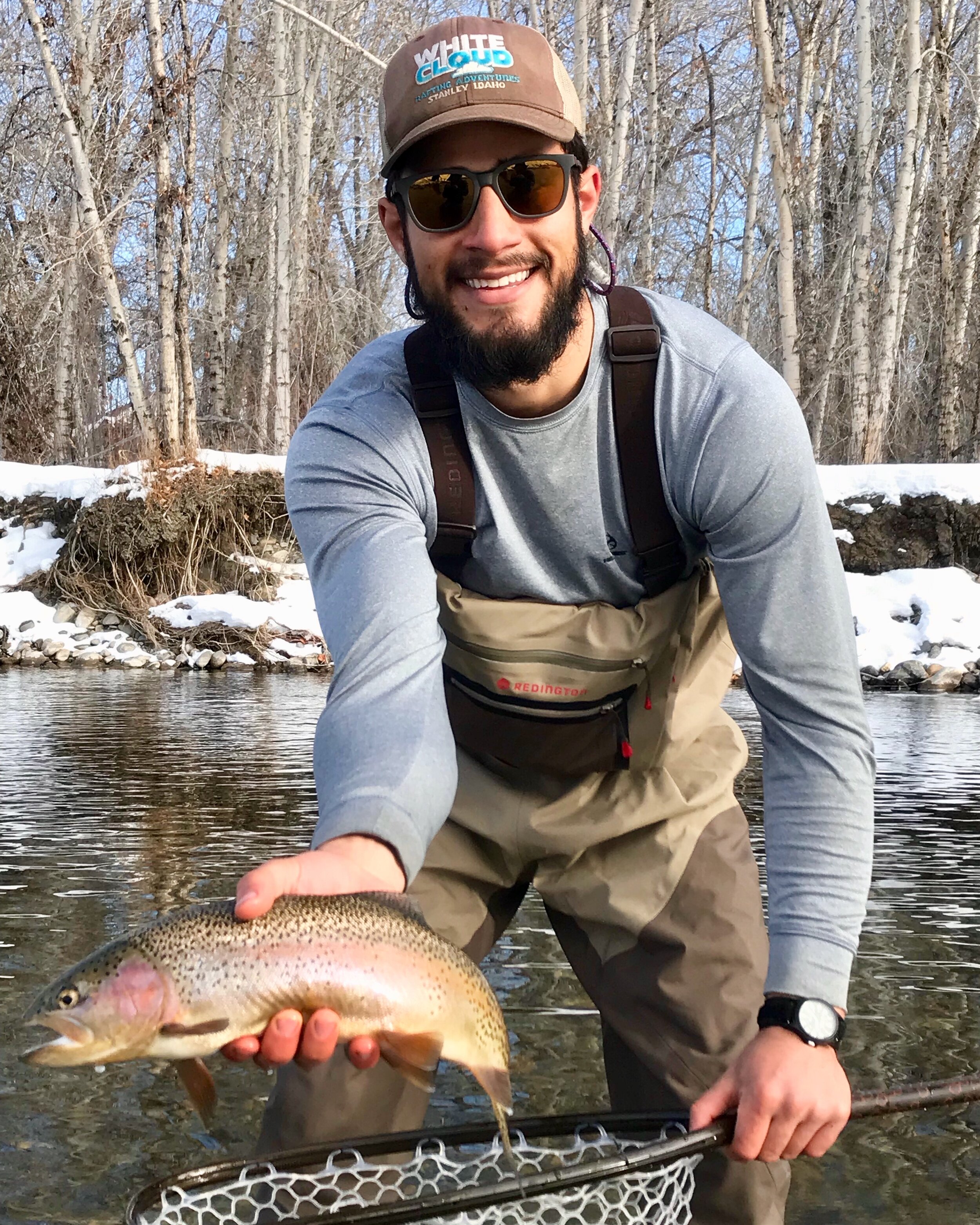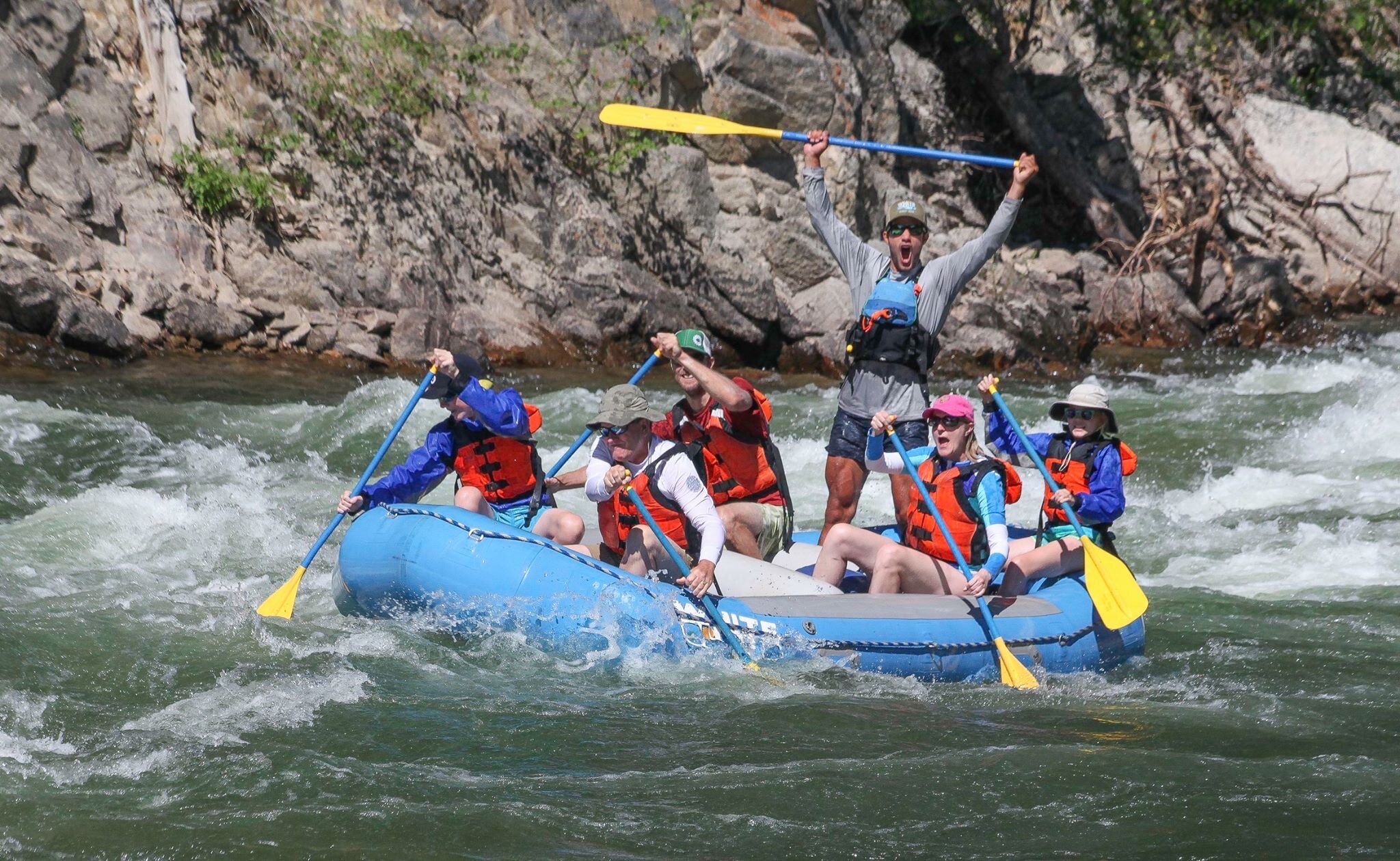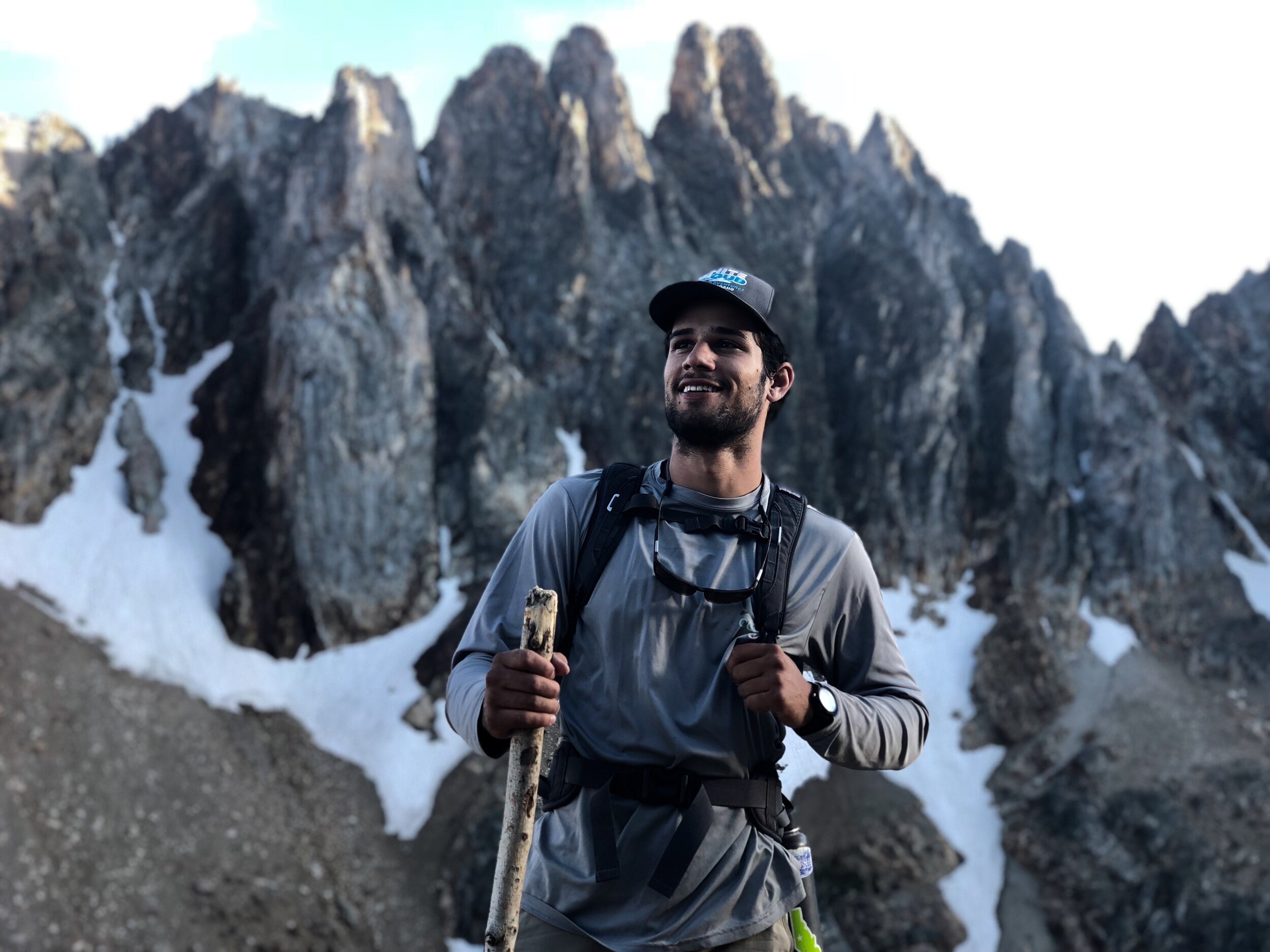Your Guiding Superpowers are Transferable.
The idea of getting a “real” job is often in the back of many a guide’s mind. While the flexibility of the lifestyle is what attracts so many, the seasonal nature of the job can bring with it an instability that can drive guides to explore other career options after a while. The uncertainty brought by the COVID-19 pandemic has only enhanced this fact for some. Transitioning out of guide life can be a daunting task as it is not just a career move, but a major change in lifestyle. However, no matter what job you hope to transition to, the skills you learn as a guide can translate to any work environment. For example, the biggest thing employers really want to know is “Do I want to work with this person?” This is often more important than your actual qualifications. Being adaptable to new situations and people is a killer guide skill that should not be overlooked when thinking about making a major lifestyle change.
Author Geoff Yut
I spent four summers work as a guide for White Cloud Rafting Adventures in Stanley, Idaho. My time as a guide on the Salmon River was a revelation—an unbiased teacher that did not sugarcoat much. In more ways than one, it showed me what I can accomplish when I venture outside of my comfort zone. I eventually used these lessons and skills to return to school and ultimately finish my bachelor’s degree.
Currently, I work full-time as a consultant in Houston, an opportunity that would not have been possible without my guiding experience. Those four summers were so much more instrumental in my professional development than I could have ever predicted. Not only did I gain the self-confidence to advocate for myself and hone the soft skills to quickly establish a meaningful connection with someone, but I also learned invaluable lessons that apply to both my academic and corporate life.
1. How to ask for help with a big load
To maintain longevity in the job, it’s critical to know when you need to share the load with a friend. Shared loads, mental or physical, help us stay healthy and build camaraderie. Two heads are better than one. So, rely on your team members. And recognize the collaboration and communication skills that make it possible.
2. The team is everything (find your people)
This is an easy one. Good people make your life and job much more enjoyable. Treat ‘em right and they will treat you right.
3. Square up to the big waves (max effort)
In guiding as well as most things, charging head-on into a daunting task (or massive wave) is typically a much better strategy than making things worse than they ought to be by delaying the inevitable or letting indecision psych you out. Keep your head up and if you are gonna fail, do so with max effort.
4. There is more than one right way to do something
Be open to new ways to solve a problem or carry out a task. No matter what, you will learn something. Pay attention to how your peers solve a problem and ask questions (there is a good chance you might learn something!).
5. How you talk to your crew/coworkers trickles down to client interactions
Positivity breeds more positivity. If your interactions as a crew or team are negative, chances are that will affect interactions you have with the client. Courtesy and civility go a long way in maintaining a healthy group dynamic.
6. Knowing when to take charge
Keeping the client safe is the #1 priority so a stern command is needed now and again. However, this is a memory for that client, and you want them to enjoy their time with you. As a guide, I really learned to read the group and match my tone to the requirements of the situation.
7. How to ask a lot of questions and LISTEN
This is key to spending an extended period with anyone on the river. You cannot have a conversation without asking good questions and listening to the answers.
8. How to read a room (or boat)
Not only being able to pick up on certain cues or hints but capitalizing on it and feeding off that energy to better suit the clients’ desired experience is a huge part of the job. Being in tune with what the group is looking to get out of their time with you is a critical skill in building relationships on the job.
Not only being able to pick up on certain cues or hints but capitalizing on it and feeding off that energy to better suit the client’s desired experience.
So yeah, what I am saying is that guiding really helped me get a terrific job. It made me stand out, the skills transferred, and employers wanted to hear about it. I interviewed well because, as a guide, you are getting interviewed by clients all day, every day. Interviewers always wanted to hear more about my experiences and were genuinely entertained by my stories and the enthusiasm I displayed.
I was able to tell my guide stories like I would in the boat as a guide and draw connections between the “superpowers” you gain from those experiences (problem-solving, adaptability, ability to learn, confident decision making, and the customer service nature of the job) and any work environment you might encounter.
This made me stand out in comparison to other interviewees. I was memorable.
Beyond the interview, the qualities that make a good guide are the same that every employer is looking for in a job candidate, no matter the position. Someone who is professional, an enthusiastic learner, works well with others, and can think on their feet would make a wonderful addition to any team. They are looking for someone who goes with the flow (ha!). I was able to market these skills and show employers what my experiences had taught me and how they translated to the line of work I was applying for.
The “soft” skills you learn as a guide are the same skills professionals across the globe strive to develop thru expensive seminars and online courses.
You might have heard an outfitter say, “I can teach anyone to row a boat, but it’s a lot harder to teach someone to be an excellent guide.” It truly is much harder to teach soft skills than it is technical skills. The truth is employers do not hire for skills; they hire for attitude. They plan on teaching you the skills you need for the job anyway.
A good attitude and the confidence to know your worth can be the deal maker. Those qualities alone make you an ideal candidate for the right employer, regardless of the skills you feel you might possess or lack.


